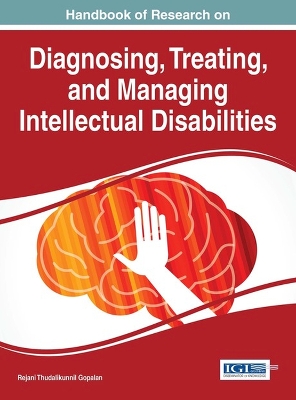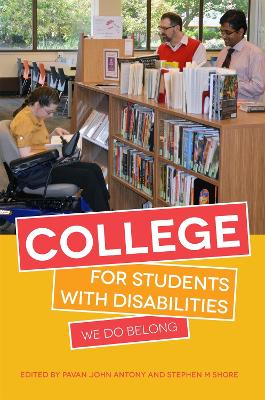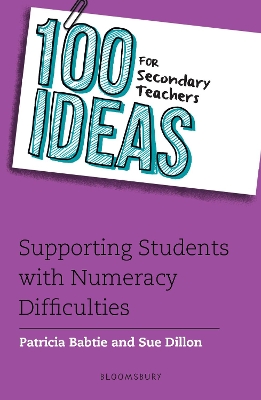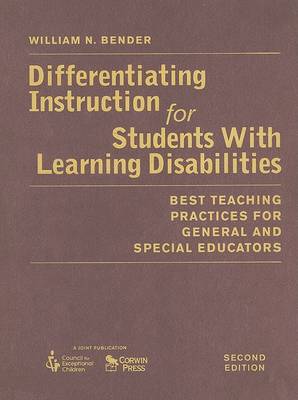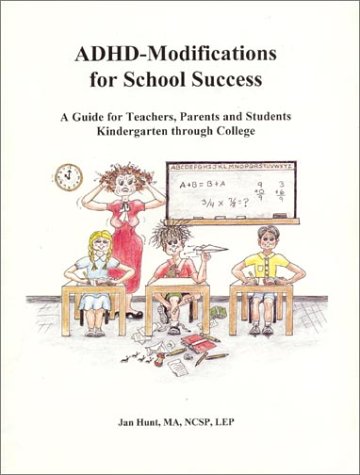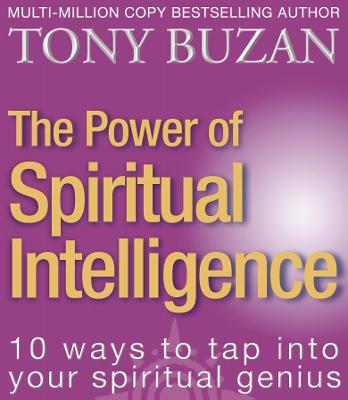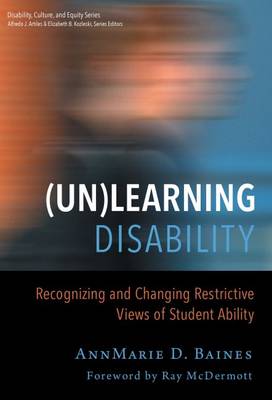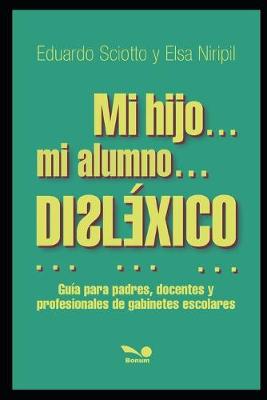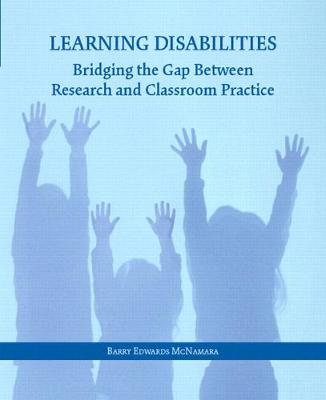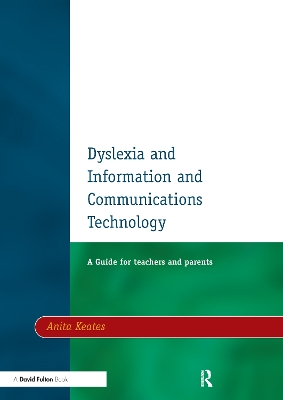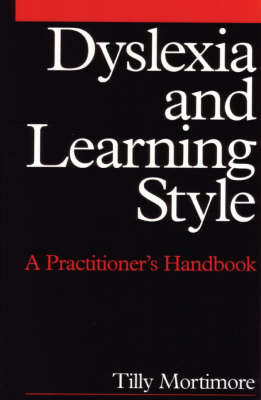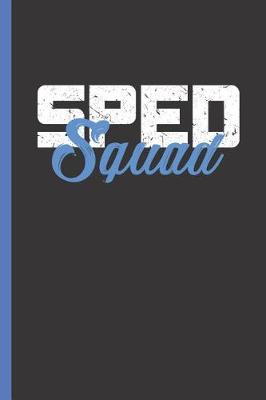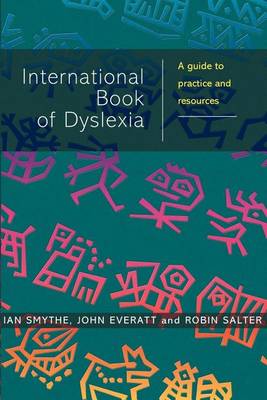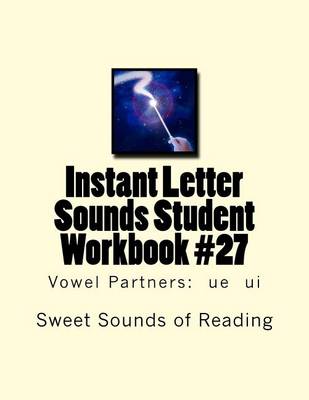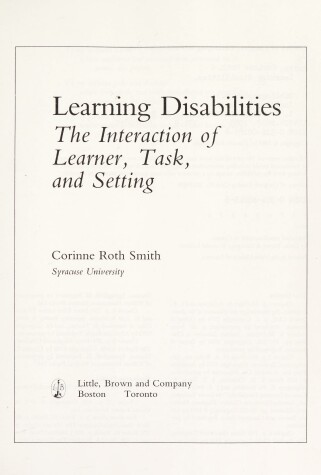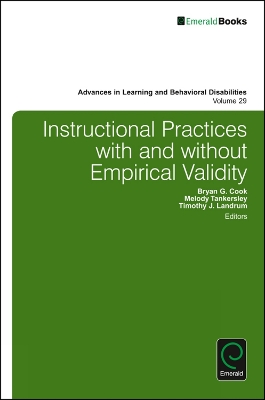Intellectual disabilities can be difficult to detect in children prior to their school-age years. Throughout their lives, individuals with intellectual disabilities may require specialized care and support in order to lead healthy and fulfilled lives. The Handbook of Research on Diagnosing, Treating, and Managing Intellectual Disabilities is a pivotal reference source for the latest research on the effects of disabilities in intellectual functioning, examining the causes, treatment, and rehabil...
College for Students with Disabilities
Sharing the personal stories of individuals with disabilities who describe both the challenges and successes of their time in higher education, and with a major section on the findings of broad ranging research into the experiences of such students, the book explores the current situation, what works, and how things can be improved. "You are not college material" or "you don't belong in college" are comments frequently heard by students with disabilities. Despite this, college education is now a...
100 Ideas for Secondary Teachers: Supporting Students with Numeracy Difficulties (100 Ideas for Teachers)
by Patricia Babtie and Sue Dillon
Dyscalculia experts Patricia Babtie and Sue Dillon present 100 ideas to help students with numeracy difficulties grasp the core skills required in the secondary curriculum, not just in maths but in other subjects including science, design and technology, computing and geography. Around 25 per cent of secondary school students have severe numeracy difficulties. These students are often anxious and fearful about using maths arising from a repeated failure to learn. This impacts their overall atta...
Differentiating Instruction for Students With Learning Disabilities
Written for teachers who want to know how to differentiate instruction for students with learning difficulties, the second edition of Differentiating Instruction for Students with Learning Disabilities draws upon the bestselling success of the first edition in explicitly showing what differentiated instruction is and how to use differentiated strategies in the classroom. With more concentration on brain-research, multiple intelligence, response to intervention (RTI), tiered instruction, and un...
10 ways to tap into your spiritual genius Over three billion people - half the world's population - are actively pursuing Spiritual Intelligence and Knowledge. Spiritual intelligence is concerned with being part of the bigger scheme of things. It involves seeing the "Big picture". With Tony Buzan's Spiritual Intelligence, you can: Learn to truly know yourself and those around you* Develop a compassionate, rather than an aggressive attitude* Relate more deeply to the world aro...
(Un)Learning Disability (Disability, Culture, and Equity)
by AnnMarie D. Baines
How do high school students confront and resolve conflicting messages about their intelligence and academic potential, particularly when labelled with social and learning disabilities? How does disability become “disablement” when negative attitudes and disparaging perceptions of ability position students as outsiders? Following the lives of adolescents at home as well as in and out of school, the author makes visible the disabling language, contextual arrangements, and unconscious social practi...
Mi Hijo... Mi Alumno... Dislexico...
by Elsa Niripil and Eduardo Sciotto
Covering characteristics and methods, this comprehensive book discusses how to teach and understand students with learning and other mild disabilities. Each chapter includes case studies, examples, and narratives from teachers and professionals who work with preK-12 students with learning disabilities. Discussion of the IDEA Improvement Act of 2004 appears throughout, including topics such as: ADHD, inclusion, collaboration, families and communities, diversity and functional behavioral assessme...
Effective use of ICT can enhance many dyslexic pupils' access to the curriculum, but it has to be used appropriately. This book will be useful to all teachers, teaching assistants, SENCOs and parents who are keen to have practical advice on how to help a child in this way. Full of strategies and suggestions that are based on the author's extensive classroom experience, this accessible book is suitable for the ICT novice and more advanced user alike. The book has been fully updated to guide the...
The latest research into both dyslexia and learning styles shows that adapting the way teachers teach to suit the individual ways in which students learn can maximise success for all students dyslexic and non-dyslexic. The practical teaching suggestions contained within this book are based firmly upon research findings and have proved successful in a range of mainstream and specialist settings. The first section of this research based but practical book provides an overview of the latest researc...
The International Book of Dyslexia: A Guide to Practice and Resources
by Ian Smythe, John Everatt, and Robin Salter
Promoting Self-Determination in Students with Developmental Disabilities. What Works for Special Needs Learners.
by Michael L. Wehmeyer
Help, My Kind Makeer Iets: Die Pyn En Hoop Rondom Leerprobleme
by Helena Bester
Inclusive learning
Instant Letter Sounds Student Workbook #27
by Sweet Sounds of Reading
Dyslexia cuts across class, age and intelligence. All schools will have pupils with dyslexia and teachers of children of all ages need to be aware of the teaching methods and approaches which are most effective with these children. This fully revised and updated edition of a classic text offers invaluable advice to teachers on how they can recognize specific learning difficulties and give practical help to children in their classes. Written in clear, jargon-free language it provides guidelines o...
A textbook primarily for students enrolled in undergraduate and graduate introductory learning disabilities courses. It contrasts the learning and behavior of children, teenagers, and adults with learning disabilities with normal patterns of development, bringing together theory and research from ch
Assessing Second Language Students with Learning and Other Disabilities (Studies on Education)
by Dina Tsagari and George Spanoudis
It is important that stakeholders are aware of practices supported as effective for students with learning and behavioral disabilities in order to provide instruction that results in improved learner outcomes. Perhaps equally important, stakeholders should also know which practices have been shown by research to be ineffective (e.g., have no, small, or inconsistent effects on learner outcomes). Special education has a long history of using practices that, though appealing in some ways, have litt...
